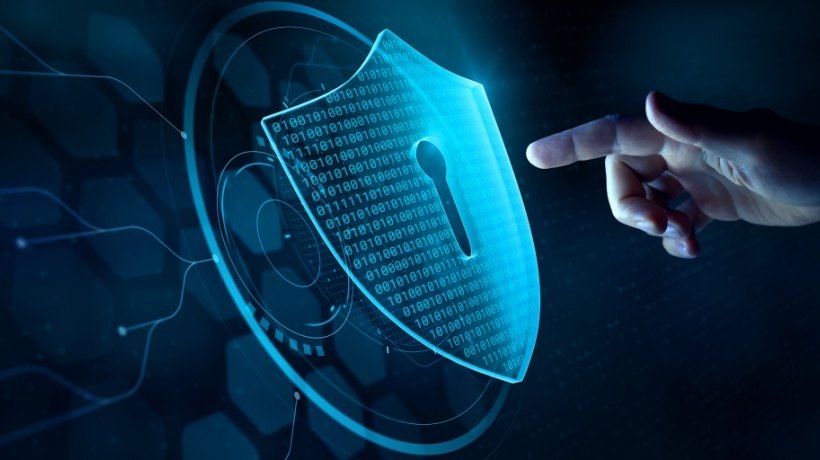Building A Secure Future: Why Compliance Matters
In the dynamic world of cybersecurity, headlines often scream about breaches, stolen data, and hefty fines. Yet, amidst the chaos, compliance with regulations stands as a crucial line of defense. But why exactly is compliance mandatory? This article delves into the compelling reasons why cybersecurity regulations exist and their far-reaching impact.
The Ever-Evolving Threat Landscape
Imagine a world without traffic laws: chaos reigns on the roads. Similarly, the digital landscape thrives on a set of rules–cybersecurity regulations–to mitigate the ever-evolving threat landscape. Cybercriminals constantly develop new methods of attack, exploiting vulnerabilities in software, systems, and human behavior.
- Rising data breaches
The number of data breaches continues to climb at an alarming rate. Regulations act as a deterrent, incentivizing businesses to invest in robust security measures to safeguard sensitive data. - Increasing complexity
Today's interconnected world involves a complex web of devices, applications, and networks. Regulations provide a framework for securing this intricate ecosystem, minimizing the attack surface. - Globalized threats
Cybercrimes are borderless. Regulations often represent international collaborations, establishing a unified standard for data protection and privacy.
Compliance With Cybersecurity Regulations: More Than Just Avoiding Fines
While hefty fines for noncompliance certainly grab attention, the true value of cybersecurity regulations extends far beyond financial penalties. Let's explore the multifaceted benefits:
Enhanced Data Security
Compliance mandates often necessitate the implementation of robust security controls. This strengthens an organization's overall security posture, making it more resilient to cyberattacks.
Improved Customer Trust
Demonstrating compliance with data privacy regulations fosters trust with customers. They know their personal information is handled responsibly, leading to increased brand loyalty.
Level Playing Field
Regulations ensure a fair marketplace by requiring all businesses to adhere to a similar set of security standards. This fosters healthy competition and protects consumers from unfair data practices.
Standardization And Consistency
Regulations provide a framework for data protection and privacy, promoting consistency across industries and geographies. This facilitates international cooperation and the smooth flow of data.
Regulations like the General Data Protection Regulation (GDPR) and the California Consumer Privacy Act (CCPA) empower individuals with control over their personal data. By adhering to these regulations, businesses demonstrate respect for consumer privacy rights. This fosters trust and transparency, allowing customers to make informed decisions about sharing their data.
The Human Element–Compliance Benefits Everyone
The impact of cybersecurity regulations extends far beyond businesses and organizations. Here's how compliance safeguards individuals:
- Individual privacy protection
Data privacy regulations empower individuals with control over their personal information. They can understand how their data is used, access it upon request, and request its deletion. - Reduced risk of identity theft
Data breaches and information leakage can lead to identity theft. Compliance fosters a culture of responsible data handling, minimizing the risk of individual harm. - Consumer confidence
Strong data protection regulations give individuals confidence in the online marketplace. They are more likely to engage in online transactions and share their data knowing it's protected.
The Evolving Landscape Of Cybersecurity Regulations
Cybersecurity regulations are not static; they constantly evolve to keep pace with the ever-changing threat landscape. Here's what this means for businesses:
Staying Updated
Organizations must stay informed about changes in relevant regulations. This involves regularly monitoring regulatory updates and adjusting their compliance programs accordingly.
Adaptability
Compliance programs need to be adaptable to incorporate new technologies and address emerging threats. A rigid approach might hinder innovation and leave businesses exposed to new risks.
Cross-Border Considerations
Businesses operating internationally need to navigate a complex web of regulations. Seeking legal counsel is crucial to ensuring compliance with all applicable data privacy and security laws.
Compliance With Cybersecurity Regulations: A Collaborative Effort
The success of cybersecurity regulations hinges on a collaborative effort between various stakeholders:
- Governments
Developing, enforcing, and updating regulations to address evolving threats and technologies. - Businesses
Implementing robust security controls and adhering to data privacy principles. - Individuals
Being aware of their rights and responsibilities regarding their personal data online.
Conclusion: Compliance–A Pillar Of A Secure Digital Future
The mandatory nature of cybersecurity regulations is driven by the need to protect individuals, businesses, and the global economy in an increasingly interconnected digital world [1]. By fostering a robust security posture, building trust with customers, and safeguarding individual privacy, compliance paves the way for a more secure and stable digital future. Compliance in cybersecurity is not a restrictive cage, but a necessary shield that protects both businesses and individuals.

